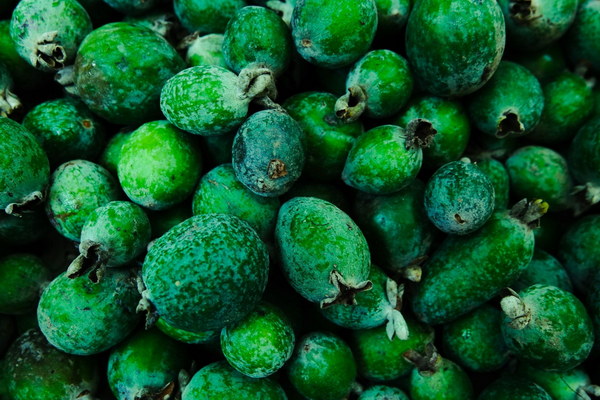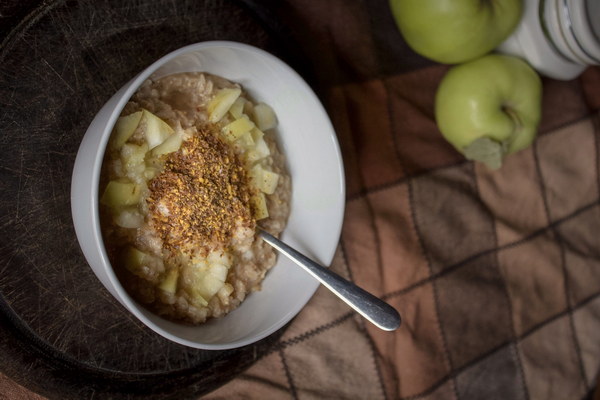Is Mulberry Good for Liver Health Exploring the Potential Benefits of Mulberry
Mulberry, a common fruit in many Asian cultures, has long been celebrated for its health benefits. One of the most widely discussed health claims is its potential to support liver health. But is mulberry really beneficial for the liver? Let's delve into this topic and explore the potential benefits of mulberry for liver health.
Understanding Liver Health
The liver is a vital organ responsible for detoxifying the body, metabolizing nutrients, and producing bile. It also plays a crucial role in regulating blood sugar levels and cholesterol. Therefore, maintaining a healthy liver is essential for overall well-being.
Potential Benefits of Mulberry for Liver Health
1. Antioxidant Properties

Mulberries are rich in antioxidants, such as flavonoids and anthocyanins, which have been shown to protect liver cells from oxidative stress. Oxidative stress occurs when there is an imbalance between the production of free radicals and the body's ability to counteract them. This can lead to liver damage and inflammation. By neutralizing free radicals, antioxidants can help prevent liver disease and improve liver health.
2. Detoxification
Mulberries have been traditionally used in traditional Chinese medicine to support liver detoxification. They contain compounds that can help in the elimination of harmful substances from the body, thereby promoting liver health.
3. Anti-inflammatory Effects
Inflammation is a key factor in the development of liver diseases such as hepatitis and cirrhosis. Mulberries possess anti-inflammatory properties that can help reduce liver inflammation and protect the liver from further damage.
4. Liver Protection
Mulberry extracts have been shown to have a protective effect on the liver. They can help prevent liver cell damage and support liver regeneration, making them a potential treatment option for liver diseases.
5. Blood Sugar Regulation
Diabetes is a significant risk factor for liver disease. Mulberries have a low glycemic index, which means they do not cause a rapid spike in blood sugar levels. By maintaining stable blood sugar levels, mulberries can help reduce the risk of liver disease in diabetic individuals.
How to Incorporate Mulberry into Your Diet
To reap the potential liver-boosting benefits of mulberry, consider incorporating it into your diet in the following ways:
1. Fresh Mulberries: Enjoy fresh mulberries as a healthy snack or add them to salads, yogurt, or oatmeal.
2. Mulberry Tea: Brew mulberry tea using dried mulberries or mulberry leaves for a refreshing drink that may support liver health.
3. Mulberry Extract: Consider taking a mulberry supplement or extract, especially if you're looking for a concentrated source of the fruit's benefits.
Conclusion
While more research is needed to fully understand the extent of mulberry's liver-boosting benefits, the existing evidence suggests that this delicious fruit may indeed be beneficial for liver health. Incorporating mulberries into your diet can be a simple and enjoyable way to support your liver and promote overall well-being. However, it's essential to consult with a healthcare professional before making significant changes to your diet or starting any new supplement regimen.









